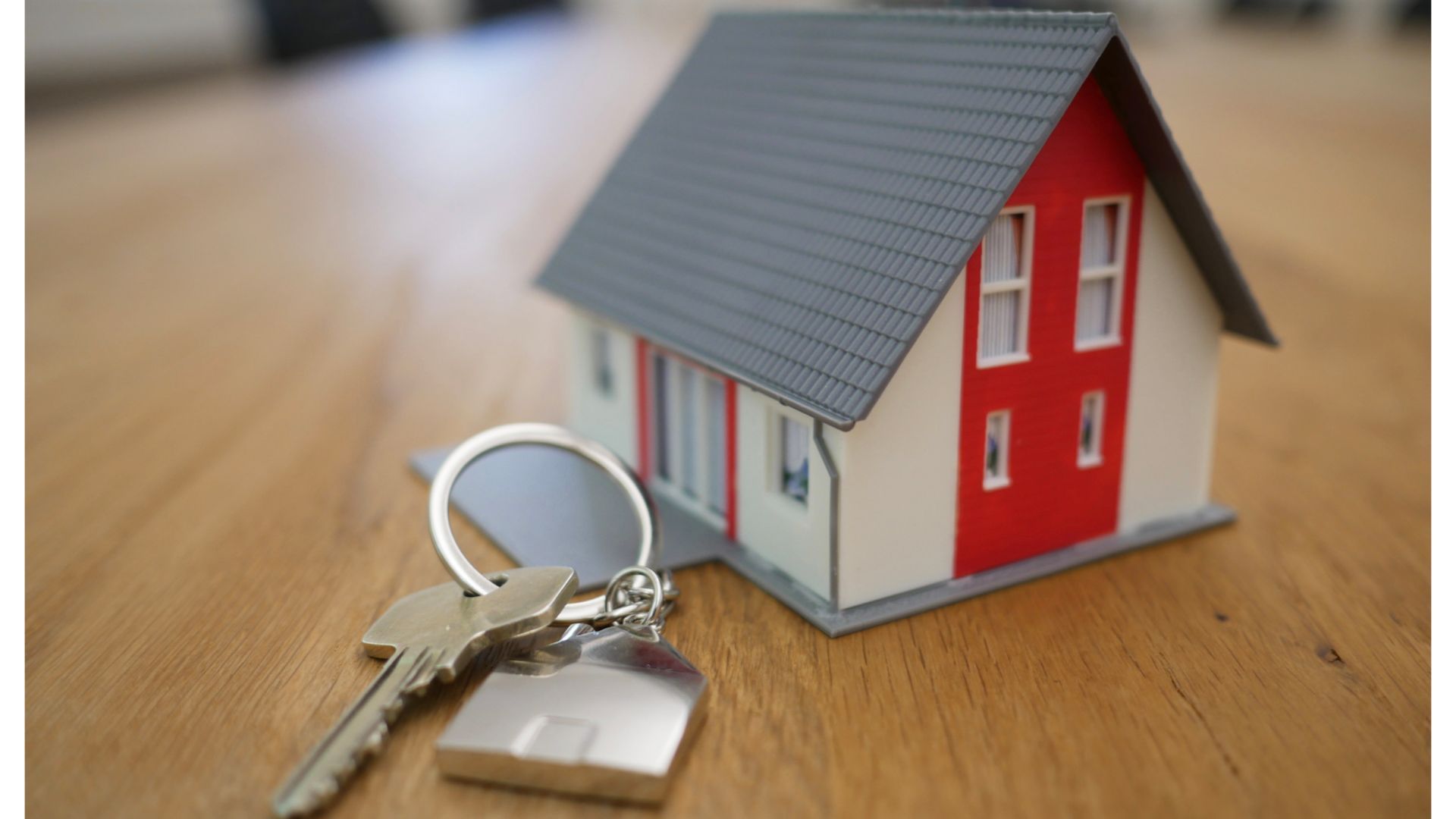Personal Finance
•
7 mins read
•
April 01, 2021
Are You House Poor?
What does being ‘house poor’ mean? How do you know if you’re house poor? And how can you avoid it? Read on — we’ll answer all your questions and more.

The foreclosure rate on home mortgages was 0.16% in 2020, having
since its peak in 2010.
Even so, many people find they are “house poor” — that is, they’re unable to pay the bills or don’t have the extra money for incidentals after making payments towards their mortgage and other housing expenses. In other words, being “house poor” is having a house payment that makes you “cash poor.”
What Does Being 'House Poor' Mean?
If you spend too much of your income on your mortgage payments, with little left to pay your bills, you may be considered house poor.
The housing bubble of 2008 was fueled by a rush to lend money to homebuyers — many of them first-time buyers — without considering their
. Many borrowers bought “too much house”, regardless of their income. Home expenses, like routine repairs, maintenance, and utilities, only added to their debt.
Today, with
near all-time lows, first-time homebuyers are again entering the market. Some of them may bite off more than they can chew, which could lead to more unmanageable debt in the future. How Do You Know If You’re House Poor?
If, after purchasing your home, you lost your job or had an unexpected emergency that drained your bank account, you may now be house poor. It can happen to anyone.
Generally, your mortgage payment should be between 25% to 30% of your take-home pay. So, if you make $2,500 per month, your monthly house payment should only be about $625 to $750. If it gets much higher — say, 50% of your take-home pay — you may become house poor and unable to pay your bills.
These 5 signs may also point to you being house poor:
1. You’re unable to pay your property taxes.
2. You’re putting off regular home maintenance due to the cost.
3. You’re not investing any of your income in savings or retirement accounts.
4. You can only make the minimum payments on all your debt.
5. Your basic living expenses are higher than your income, leaving you with little to no funds at the end of each month.
h2 class='mt-8 mb-4 xs:xs-super-title ipad:ipad-super-title ipadPro:lg-super-title lg:lg-super-title' class='mt-8 mb-4 xs:xs-super-title ipad:ipad-super-title ipadPro:lg-super-title lg:lg-super-title'>What Do I Do If I'm House Poor?
Thankfully, there are solutions if you are house poor. While some may seem unreachable, with a bit of determination, you can come out ahead.
Here’s our top tips:
2. If you’re still looking for that dream home, make sure your mortgage payments, utilities, insurance, and other expenses are no more than 25% of your take-home pay.
3. Limit your spending on incidentals.
5. Pay down high-interest debt.
6. Sell some things you no longer need.
7. Downsize to a less expensive home.
8. Refinance your current mortgage for a lower interest rate.
How to Avoid Becoming House Poor
Looking ahead, preventing this situation is better than trying to dig your way out of an over-the-top mortgage. Homes can be expensive, and you may not be able to afford the home you want, so compromising is well-advised.
Recognize How Much a House Costs
Owning a home entails much more than just paying your mortgage. When you apply for a mortgage, you’ll pay upfront costs, like mortgage insurance (if you can’t make the standard 20% downpayment) and closing costs.
You’ll also be responsible for property taxes, insurance, and home association fees (if applicable). Don’t forget about utilities, repairs, and regular home maintenance, which can also add up.
Budget For Your Bills First
Before buying a home, make sure you have enough income to make the payments, as well as to buy necessities and pay for all your other expenses.
For instance, if you own a car, you need to factor in your car payments. If you have children, you’ll also need to buy clothing, birthday gifts, pay for school supplies, and more.
Going over your budget can add to your overall debt, and you’ll end up not only house poor, but cash poor too.
Build an Emergency Fund
No one plans for an emergency, but when it happens, it’s good to know you can pay the bills without it sending you into dire debt. It’s always a good idea to have a percentage of your income set aside for an emergency fund.
Spend Less
Some things in life are considered luxuries. Reduce unnecessary expenses like magazine and cable TV subscriptions, eat out less, and fix ripped or damaged clothes instead of buying new ones.
No one wants to become house poor, but sometimes it can’t be helped. You lose your job, or another financial emergency arises, and you can suddenly find yourself upside down. Check out our
to optimize how you spend your money.


